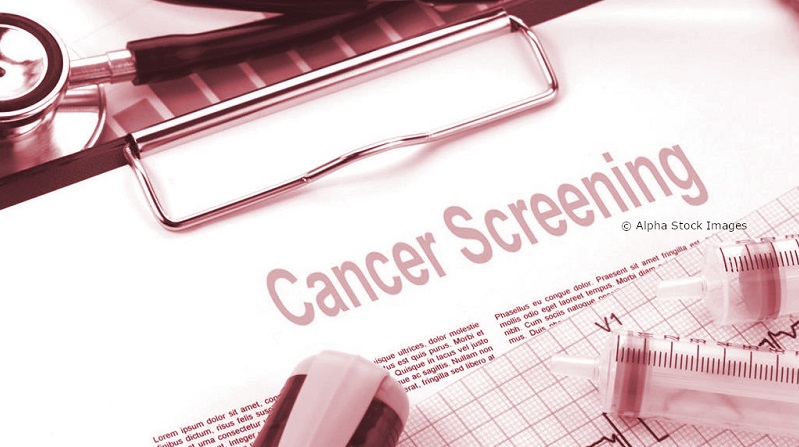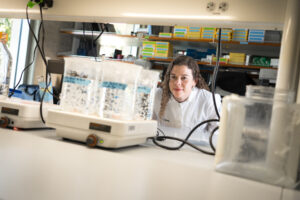Cancer Screening Guidelines When to Get Checked – Cancer is a major health concern that affects millions of people around the world. Early detection is the key to successfully treating cancer, which is why cancer screening is so important. But when should you start getting screened for cancer? And how often should you get checked? In this article, we’ll discuss cancer screening guidelines and help you determine when it’s time to get checked.
Table of Contents
- Understanding Cancer Screening
- When to Start Screening for Cancer
- Guidelines for Breast Cancer Screening
- Guidelines for Prostate Cancer Screening
- Guidelines for Colorectal Cancer Screening
- Guidelines for Lung Cancer Screening
- Guidelines for Cervical Cancer Screening
- Guidelines for Skin Cancer Screening
- Benefits of Cancer Screening
- Risks of Cancer Screening
- What to Expect During a Cancer Screening
- Conclusion
- FAQs
Understanding Cancer Screening
Cancer screening involves testing for cancer in individuals who do not have any symptoms. Screening tests can detect cancer at an early stage when treatment is most effective. The goal of cancer screening is to identify cancer before it has a chance to spread to other parts of the body.
When to Start Screening for Cancer
The age at which you should start cancer screening depends on the type of cancer you are being screened for. In general, it’s recommended that individuals start cancer screening at age 50. However, certain cancers have different guidelines for when to start screening.
Guidelines for Breast Cancer Screening
Women should start getting mammograms every 2 years starting at age 50. Women with a family history of breast cancer may need to start getting mammograms earlier.
Guidelines for Prostate Cancer Screening
Men should discuss prostate cancer screening with their doctor starting at age 50. Men with a family history of prostate cancer or who are African American may need to start screening earlier.
Guidelines for Colorectal Cancer Screening
Individuals should start getting screened for colorectal cancer at age 45. There are several screening options, including a colonoscopy, stool test, and sigmoidoscopy.
Guidelines for Lung Cancer Screening
Individuals who are at high risk for lung cancer should discuss screening with their doctor starting at age 50. High-risk individuals include current or former smokers and those who have been exposed to certain substances.
Guidelines for Cervical Cancer Screening
Women should start getting screened for cervical cancer at age 21. Women aged 21-29 should get a Pap test every 3 years, while women aged 30-65 can either get a Pap test every 3 years or a combination of a Pap test and HPV test every 5 years.
Guidelines for Skin Cancer Screening
Individuals should perform self-exams to check for any changes in their skin. If you notice any suspicious moles or spots, you should see a dermatologist for further evaluation.
Benefits of Cancer Screening
The benefits of cancer screening include early detection, which can lead to more successful treatment and a better chance of survival. Cancer screening can also detect pre-cancerous lesions, which can be treated before they become cancerous.
Risks of Cancer Screening
The risks of cancer screening include false positives, which can lead to unnecessary biopsies and procedures. Cancer screening can also detect slow-growing cancers that may never cause harm, leading to overtreatment.
What to Expect During a Cancer Screening
The process for each cancer screening test varies, but in general, you can expect to undergo a physical exam, provide a sample (such as blood or stool), or undergo imaging tests (such as an x-ray or CT scan).
Conclusion
Cancer screening is an important part of maintaining your health. By following the guidelines for cancer screening, you can ensure that you are getting checked at the right time and can catch any potential issues early on. Remember to discuss your screening options with your doctor and stay up-to-date on your recommended screenings.
FAQs
- Is cancer screening covered by insurance?
- Many insurance plans cover cancer screening tests. Check with your insurance provider to see what is covered under your plan.
- Can cancer screening prevent cancer?
- Cancer screening cannot prevent cancer, but it can detect cancer early when treatment is most effective.
- Do I need to get screened for all types of cancer?
- The guidelines for cancer screening vary depending on age, gender, and other factors. Talk to your doctor about which types of cancer screening are recommended for you.
- Are there any side effects of cancer screening tests?
- Some cancer screening tests, such as colonoscopies, may cause discomfort or mild side effects. Talk to your doctor about what to expect during your screening.
- What if my cancer screening test results are abnormal?
- Abnormal results do not always mean you have cancer. Your doctor will discuss your results with you and recommend any additional tests or treatments if necessary.




